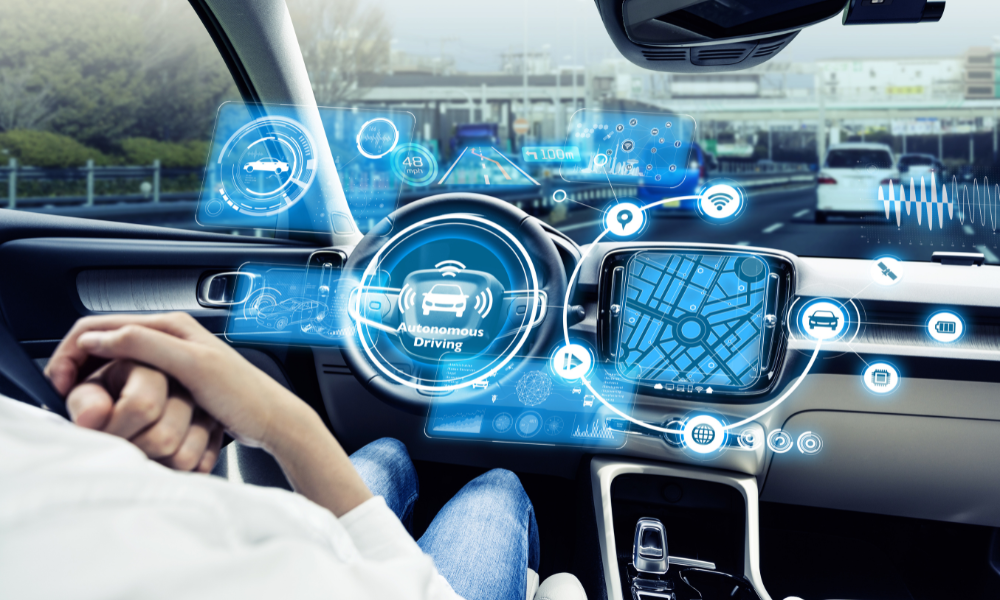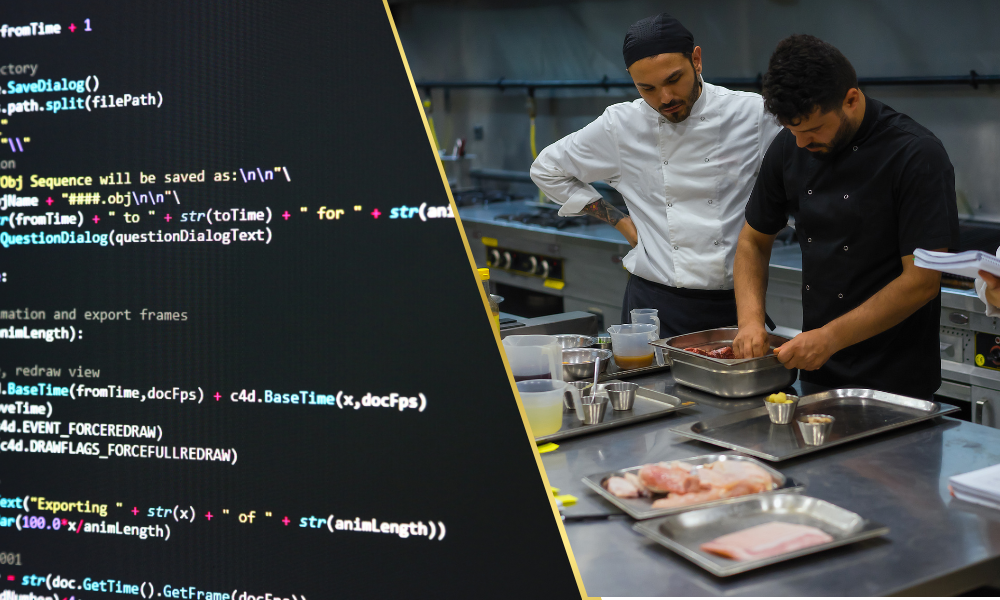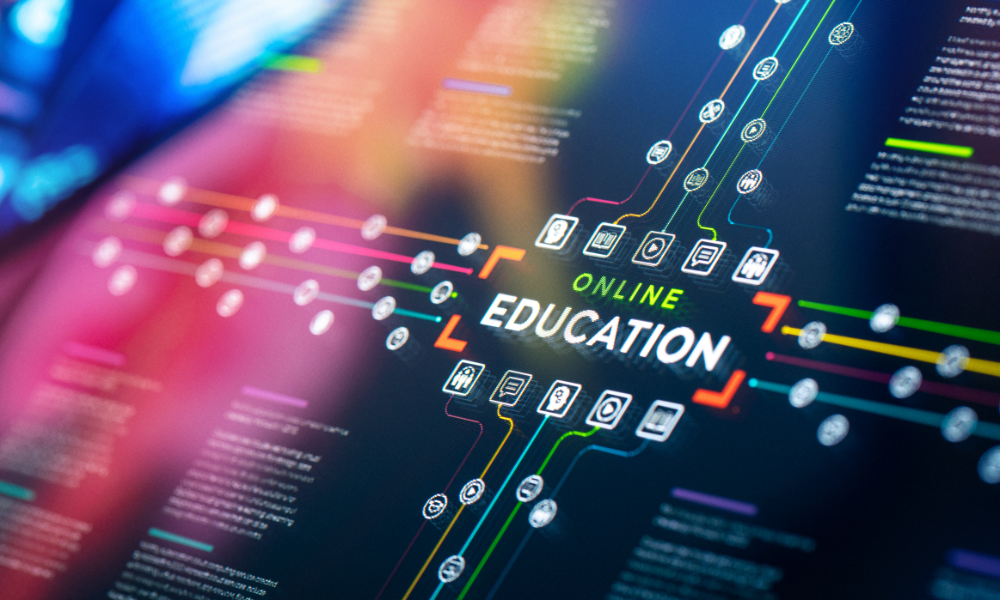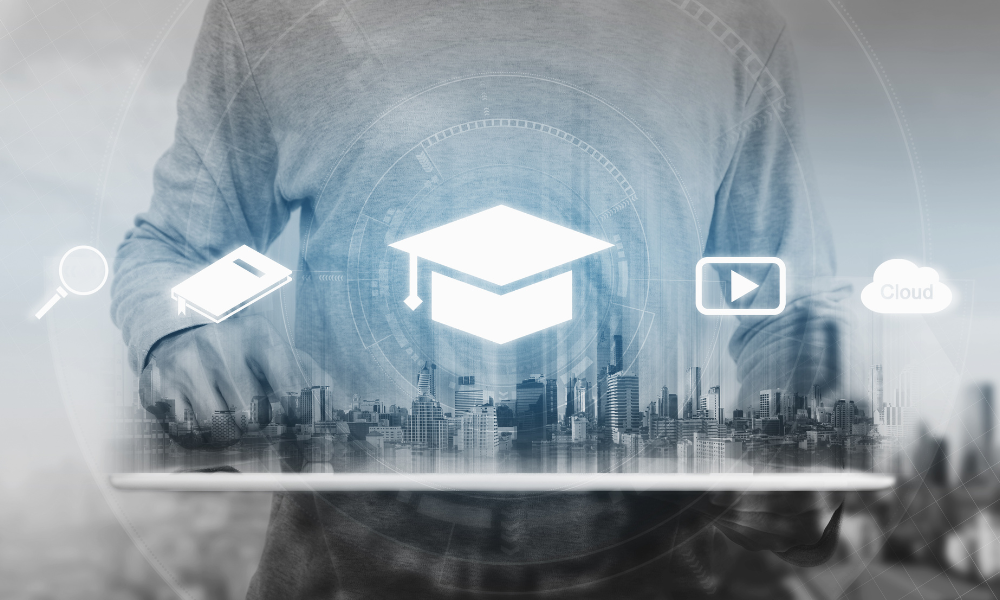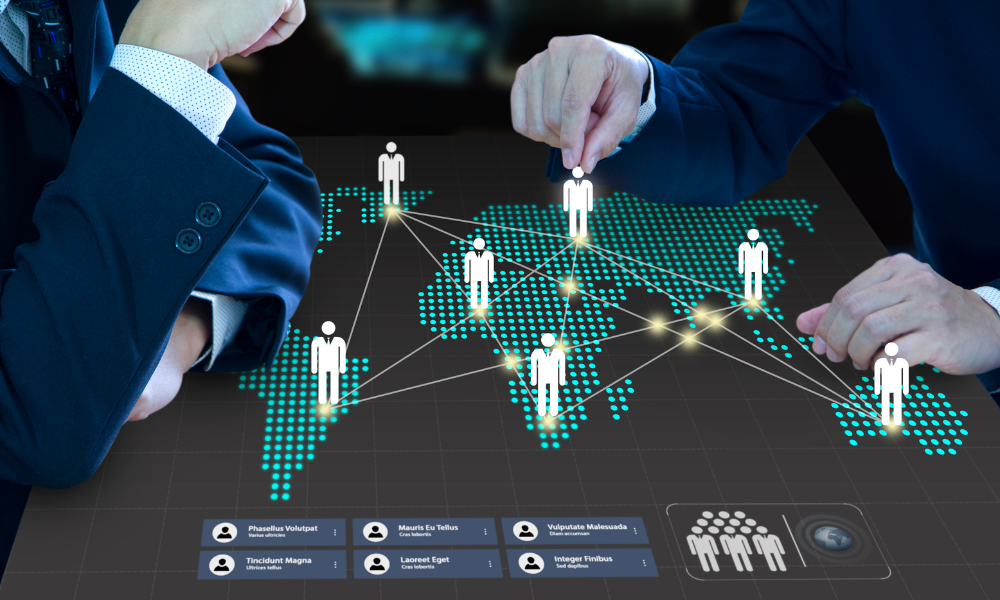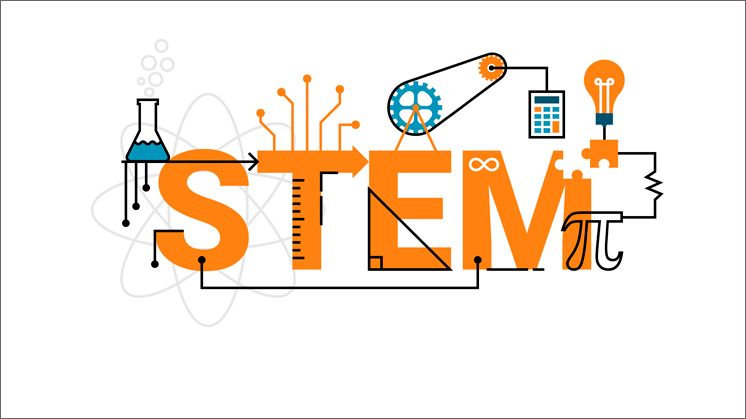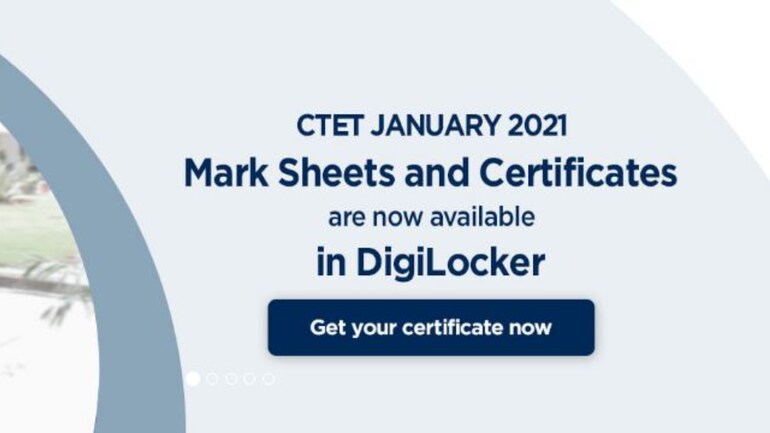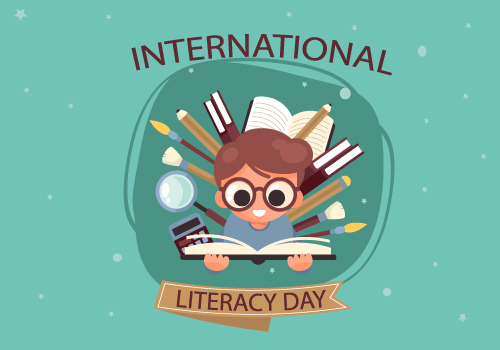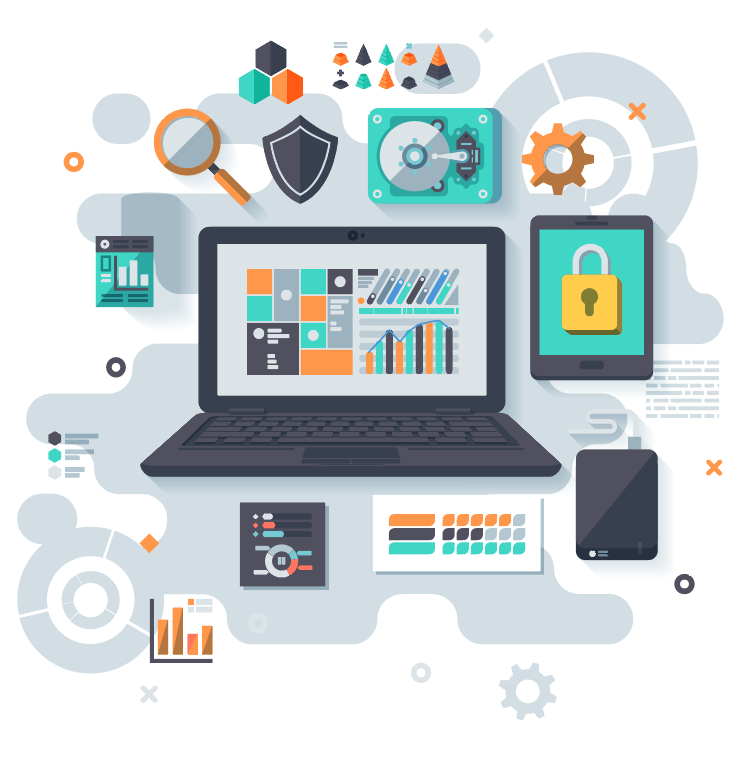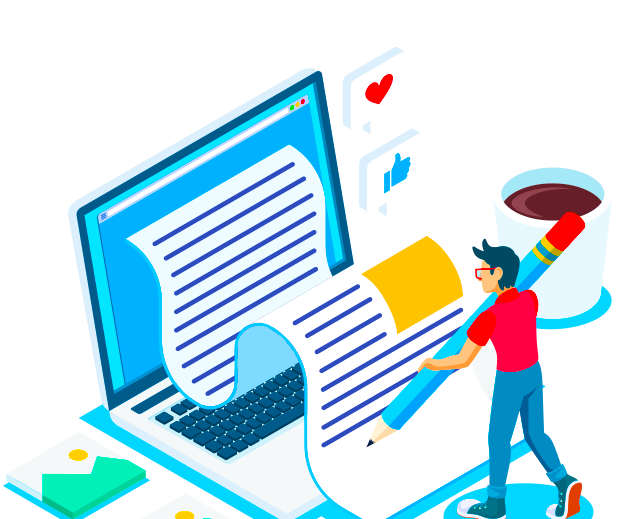Education Digitaleducation onlineeducation digitalclassroom
In recent years, the field of education has seen a significant transformation, thanks to advancements in artificial intelligence (AI) technology. One of the most promising applications of AI in education is personalized learning, where the educational experience is tailored to the individual needs and preferences of each student. In this blog post, we will explore the role of AI in personalized learning and how it is empowering students with tailored education.
Understanding Personalized Learning: Personalized learning is a pedagogical approach that aims to customize the learning experience for each student based on their interests, abilities, and learning styles. Traditional one-size-fits-all teaching methods often fail to meet the diverse needs of students, leading to disengagement and underachievement. Personalized learning, on the other hand, recognizes that every student is unique and seeks to provide them with personalized instruction, resources, and support to maximize their learning potential.
The Role of Artificial Intelligence: Artificial intelligence plays a crucial role in personalized learning by leveraging data analytics, machine learning algorithms, and natural language processing to create individualized learning experiences for students. Here are some key ways in which AI is transforming personalized learning:
-
Adaptive Learning Platforms: AI-powered adaptive learning platforms analyze student data, such as their performance on assessments, learning preferences, and areas of strength and weakness, to dynamically adjust the pace, content, and difficulty level of instruction. These platforms provide students with personalized learning pathways, enabling them to progress at their own pace and focus on areas where they need the most help.
-
Intelligent Tutoring Systems: Intelligent tutoring systems use AI algorithms to simulate one-on-one tutoring interactions between students and virtual tutors. These systems can provide real-time feedback, explanations, and hints tailored to each student's individual needs, helping them overcome learning obstacles and master difficult concepts more effectively.
-
Personalized Content Recommendations: AI algorithms analyze student interactions with educational content, such as textbooks, videos, and quizzes, to generate personalized recommendations based on their interests, learning preferences, and performance. By delivering relevant and engaging content, AI helps keep students motivated and invested in their learning journey.
-
Data-driven Insights for Educators: AI-powered analytics tools provide educators with valuable insights into student learning behaviors, preferences, and progress. By analyzing large datasets, educators can identify patterns, trends, and areas for improvement, allowing them to tailor their instruction and interventions to better meet the needs of individual students.
Empowering Students with Tailored Education: The integration of AI into personalized learning empowers students in several ways:
-
Enhanced Engagement: Personalized learning keeps students engaged by providing them with content that is relevant, challenging, and tailored to their interests and abilities.
-
Increased Autonomy: By allowing students to have more control over their learning process, personalized learning fosters a sense of autonomy and ownership, motivating them to take responsibility for their education.
-
Improved Learning Outcomes: Research has shown that personalized learning can lead to improved academic performance, higher retention rates, and greater mastery of subject matter compared to traditional instructional approaches.
-
Equity and Inclusivity: Personalized learning helps address the diverse needs of students, including those with learning disabilities, English language learners, and gifted students, by providing them with customized support and accommodations.
Challenges and Considerations: While AI holds great promise for personalized learning, there are also challenges and considerations that need to be addressed:
-
Privacy and Data Security: AI-powered personalized learning platforms collect and analyze large amounts of student data, raising concerns about privacy and data security. It is essential to implement robust privacy policies and security measures to protect sensitive student information.
-
Equity and Bias: There is a risk that AI algorithms may inadvertently perpetuate biases or inequities in education, such as by reinforcing stereotypes or favoring certain groups of students over others. It is crucial to design AI systems that are fair, transparent, and inclusive, and to continually monitor and address biases in the data and algorithms.
-
Teacher Training and Support: Educators need training and support to effectively integrate AI into their teaching practices and to interpret and act on the insights provided by AI-powered analytics tools. Professional development programs should focus on building educators' AI literacy, pedagogical skills, and ability to use data to inform instruction.
Artificial intelligence has the potential to revolutionize education by enabling personalized learning experiences that cater to the individual needs and preferences of each student. By leveraging AI-powered adaptive learning platforms, intelligent tutoring systems, personalized content recommendations, and data-driven insights, educators can empower students with tailored education that maximizes their learning potential. However, it is essential to address challenges related to privacy, equity, and teacher training to ensure that AI enhances, rather than detracts from, the quality and inclusivity of education for all students.
Powered by: Oh! Puhleeez Branding Agency & NowUpskill
Education Digitaleducation onlineeducation digitalclassroom




















































